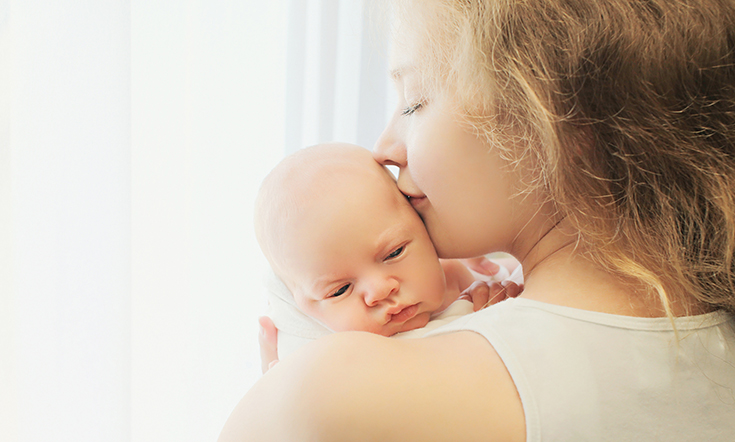

The issue of self settling and soothing baby to sleep provokes a range of emotions in us all.
What Babies Need, What they can do and What we Need to do to Help Them
Babies are born completely emotionally and physically reliant upon us. They don’t even know that they are separate entities from us in the first months of life. For that reason, we as parents need to provide care that helps them feel safe and secure so each individual baby can learn that the world around them is safe and protective.
When a baby is crying, we do things to calm them, as they become calmer, we, here in Australia, call that comforting or soothing our babies. Babies also need to be able to be soothed and comforted.
If they are really distressed, comforting efforts may not work, BUT what is important is, that we stay with them.
There has been research to show that when babies cry alone, the area of the brain that is activated, is the same area that is activated with physical pain, but if we are with babies when they are distressed, the brain response is different.
Babies learn how the world works from experiences, if they are offered comforting care, that is predictable and sensitive to their needs, then they learn about emotional regulation.
Self regulation occurs when a baby sucks; they can take themselves from distressed to calm but sucking won’t work if their external or internal environments are challenging, and that will override their ability to respond to sucking.
When will a baby self-soothe?
Well they do when they suck, BUT that is more reflex behaviour, as emotional soothing and regulation is a more complex mechanism in the brain.
So when can a baby self-soothe?
When their environment (including care-giving) is supporting them to help them understand that they will be okay, because they have a caregiver who offers care when they are distressed.
For some it happens earlier than others, hec I know some adults who still struggle to self regulate, so we do need to be aware that babies need kind, sensitive care so they learn the world is a safe secure place, even when the going gets tough.
When they are distressed when they cry, we need to hear them and offer them care that will help them soothe.
It is very easy to take this to extremes, but every parent wants the best for their baby and toddler, so when they cry, we respond in a way that is kind and showing our baby we will be there for them. Equally, when a baby is content or just grizzling, they are okay to be alone because they have innate behaviours that ensure they cry out when they need us.
Parents too have an inbuilt mechanism that makes them unable to ignore a baby cry, as the famous paediatrician Donald Winnicott (1953) said, “the critical component of the ‘good enough’ mother role is that of adaptation”; that is caring for the baby when needed, which gives the baby a growing sense of control and connectedness, then as the baby grows, the mother (parent) allows the baby some space in which they manage for themselves. The rate at which the parent is less adaptive is dependent on the baby’s ability to deal with less adaptive care. In other words, a little space is fine as long as the baby manages and that is seen by how calm and regulated the baby seems when alone.
If you are having trouble with your baby sleeping and need Expert help see link























